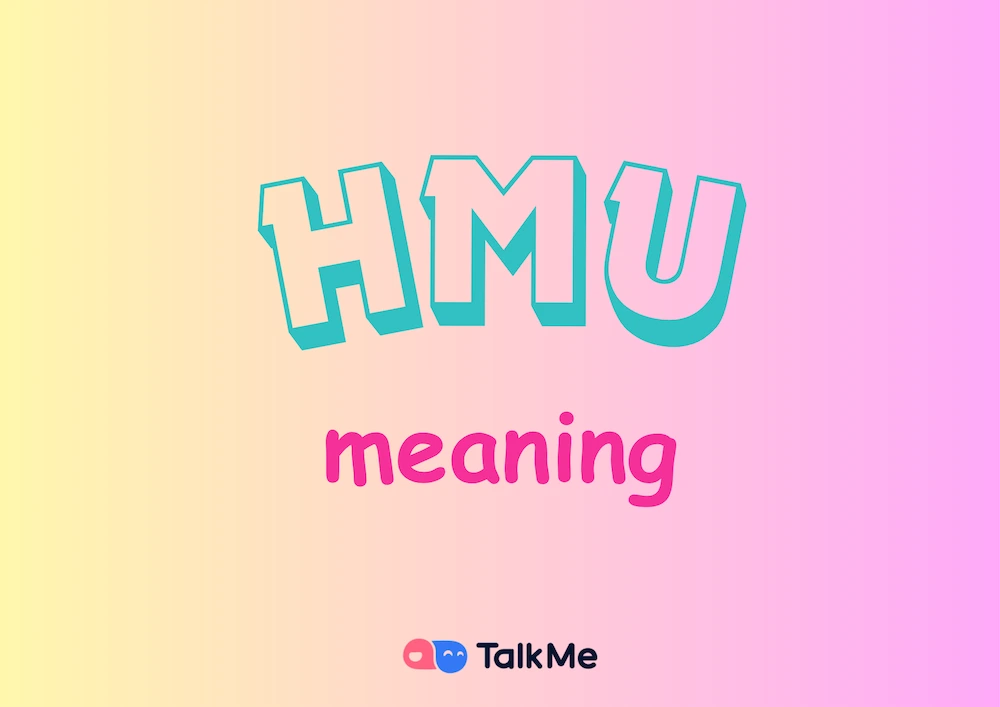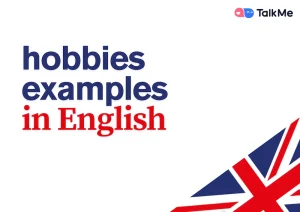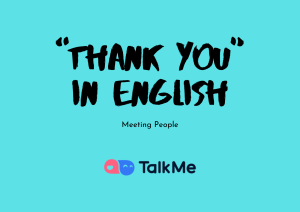HMU Meaning and How to Use It in English
In today’s digital world, slang and abbreviations are everywhere—from social media to text messages. If you’ve seen the letters “HMU” in a chat and wondered what they mean, you’re not alone. Many English learners and even some native speakers find themselves asking, “What does HMU mean in text?”
Understanding modern slang like HMU meaning is essential for sounding natural in casual conversations. Whether you’re chatting with friends, reading memes, or scrolling through your DMs, these shortcuts help you keep up with the pace and tone of modern English. This blog post breaks down what “HMU” means, how to use it correctly, and how to practice with TalkMe AI—your smart English tutor for slang and everyday expressions.

Part 1: What Does HMU Mean?
Let’s start with a simple answer to the common question: “HMU, what does that mean?” HMU stands for “Hit Me Up.” In casual English, it means “contact me” または “get in touch.” People use it to suggest making plans, starting a conversation, or just saying someone should message them.
For example:
- “I’m free this weekend, HMU if you want to hang out.”
- “HMU later—we need to catch up!”
If you’re still wondering, “What does HMU mean?” — it’s basically a friendly invitation for someone to reach out. It’s informal, friendly, and mostly used online or in texts. The phrase started gaining popularity during the early 2000s with the rise of online messaging and continues to be widely used today.
Knowing words like HMU is especially helpful if you’re trying to understand fast-paced, casual chats in English-speaking environments.
Part 2: What Does HMU Mean in Text?
だから what does HMU mean in text, and how is it different from everyday spoken English? Texting has its own unique style. People often shorten phrases to save time or create a more relaxed vibe. HMU is one of those common abbreviations, much like:
- ブートレコード (Be Right Back)
- 笑 (Laugh Out Loud)
- TTYL (Talk To You Later)
Let’s look at some real-life texting examples using HMU:
- “Going to the beach tomorrow. HMU if you want to join.”
- “I just got a new game. HMU if you’re down to play.”
- “Not doing much tonight. HMU and we’ll talk.”
As you can see, HMU is often used to suggest casual interaction, plans, or conversations. It typically appears at the end of a message, almost like a digital version of “call me” or “text me.”
Understanding these phrases is important because they show up everywhere: in group chats, Instagram stories, TikTok captions, and even dating app messages. If you’re not familiar with them, you might feel left out or confused. That’s why mastering what does HMU mean in text is a valuable skill for anyone learning conversational English.
Part 3: How to Use HMU Naturally
If you want to sound like a fluent English speaker, it’s not just about knowing what HMU means—it’s about knowing how to use it naturally. Here are a few friendly, everyday examples:
- “I’m bored. HMU if you wanna talk.”
- “HMU when you’re done with work.”
- “Need help moving this weekend—HMU if you’re free!”
Tips for Using HMU the Right Way:
- Keep it casual: HMU is not formal. Don’t use it in professional emails or formal settings.
- Know your audience: Use it with friends, classmates, or people your age. Avoid using slang with teachers or employers unless they use it first.
- Don’t overuse it: Using too many abbreviations can make your messages hard to read. Balance is key!
Also, remember that tone matters. HMU can sound too forward if used in the wrong context. If you’re unsure, play it safe and use a full sentence like, “Let me know if you want to talk.” But once you feel confident, using phrases like HMU helps you sound relaxed and native-like.
Part 4: Thank You in English vs. Slang
Let’s take a step back and look at the bigger picture. Slang like HMU is very different from more formal phrases like “英語でありがとう." While HMU is used in casual conversations, “thank you” is polite and commonly used in both formal and informal settings.
For example:
- Formal: “ありがとう for your time.”
- Informal: “Thanks for helping me out!”
- Slang: “Yo, HMU later and we’ll figure it out.”
Here’s the main difference: “Thank you” shows politeness and respect. HMU is about inviting communication. They serve different purposes in English. As a learner, it’s important to know when to use standard English and when slang is acceptable.
Use formal English when speaking to:
- Teachers
- Co-workers
- Anyone in a professional setting
Use slang when:
- Chatting with friends
- Writing casual messages
- Commenting online in informal settings
Being able to switch between both makes you a stronger, more flexible communicator.
Part 5: Learn English Slang with TalkMe AI
Want to learn slang like HMU, understand when to say 英語でありがとう, and practice all of it in real conversations? Meet トークミーAI — your personal AI English tutor designed for non-native learners.
Why Choose TalkMe AI?
- Real conversation practice: Talk with AI tutors in a natural way—just like chatting with a friend.
- Vocabulary builder: Learn both formal and slang expressions with smart suggestions.
- Role-play scenarios: Practice texting a friend, making plans, or responding with slang like HMU in different social situations.
- Grammar and pronunciation help: Get instant feedback to improve accuracy and fluency.
- Adapts to your level: Whether you’re a beginner or intermediate learner, TalkMe AI adjusts its responses and teaching style to match your pace.
With TalkMe AI, you don’t just memorize words—you use them in context. The app creates realistic conversations where you can try slang like HMU, test polite phrases like “thank you,” and gain confidence in everyday English.
Best of all, it’s always available. So whenever you’re confused about something like “hmu what does that mean?” — TalkMe AI is there to guide you with clear explanations and practice opportunities.
最後の言葉
Understanding the HMU meaning and how to use it in everyday English helps you connect better with native speakers. Whether you’re messaging friends, joining online chats, or reading social media posts, knowing slang like HMU adds to your fluency and confidence.
But remember, balance is key. Use slang when it fits, and stick to formal phrases like 「英語でありがとう in the right moments. If you’re looking to practice all this in a fun, effective way, try トークミーAI — the smartest way to master real-world English conversations.
Now that you know what HMU means, why not hit us up and start practicing with TalkMe AI today?



